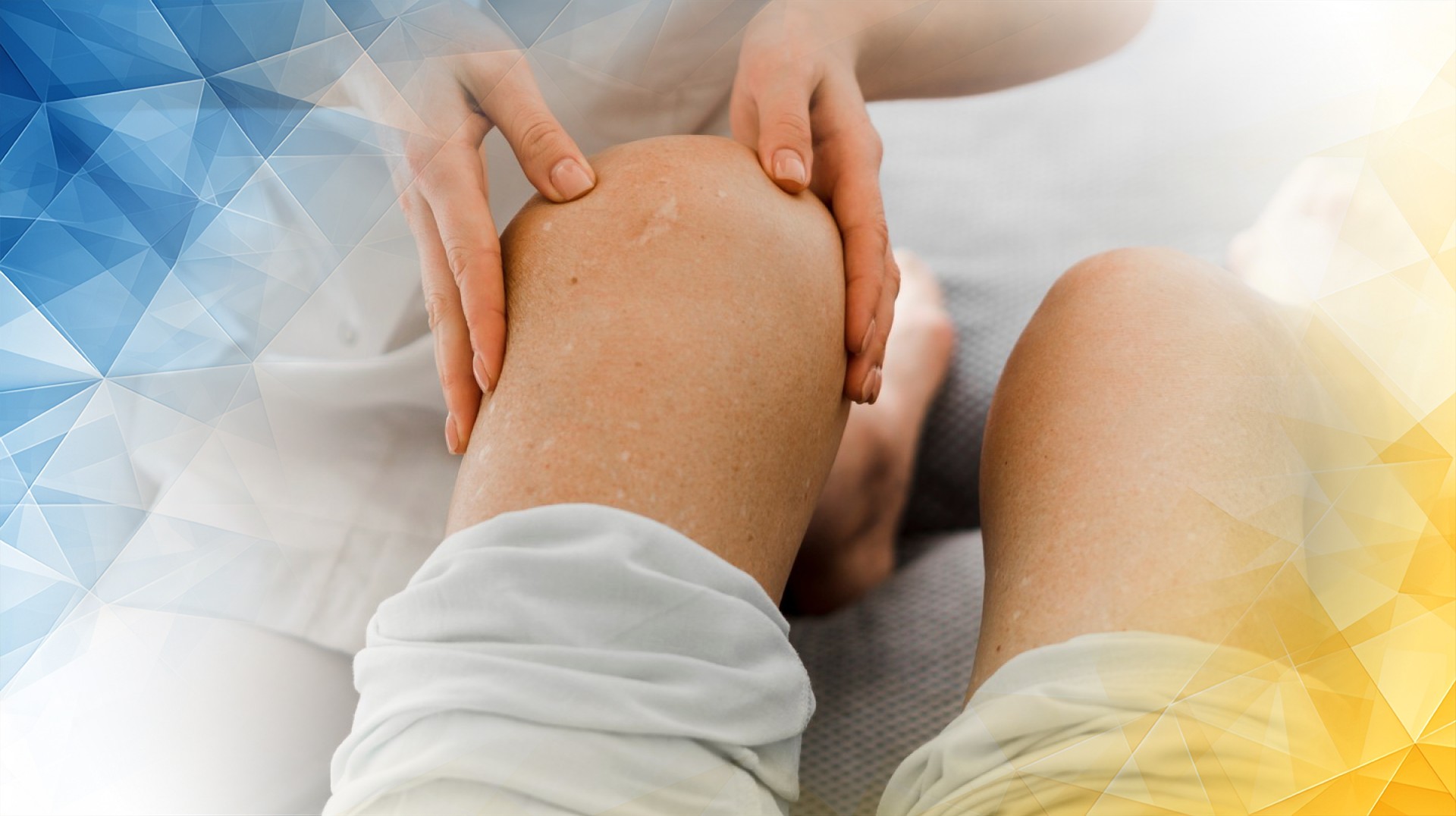



Knee cartilage is essential for joint health, providing a smooth surface for bones to glide over each other and cushioning impact during movement. Collagen, on the other hand, is a protein that plays a crucial role in the structure and function of cartilage and other tissues. In this article, we aim to clarify the differences between cartilage and collagen to help patients understand the role of each substance in maintaining joint health. The information below will also seek to address the most common questions and provide valuable insights into how these components work together in the body.
Collagen is a protein that provides structure and strength to various tissues in the body, including skin, bones, tendons, and cartilage. It is the most abundant protein in the human body, making up about 30% of the total protein content. Collagen fibres give cartilage its tensile strength and elasticity, allowing it to withstand compressive forces.
In the context of knee health, collagen is essential for maintaining the integrity of cartilage. Without sufficient collagen, cartilage can become weak and prone to damage, leading to joint problems and reduced mobility. Collagen supplements and treatments are often used to support joint health and promote cartilage repair.
Cartilage is a type of connective tissue found in various parts of the body, such as the knees and other joints. It is a firm, flexible, and resilient material composed primarily of water, collagen fibres, and specialised cells called chondrocytes. There are three main types of cartilage, each with specific characteristics and functions:
Cartilage serves many purposes within the body, from providing structural support to cushioning joints, facilitating smooth movements, and absorbing shocks. Maintaining good cartilage health is therefore essential to avoid movement issues in key areas.
While cartilage and collagen are closely related, they are not the same. Here are the key differences:
Cartilage is a type of connective tissue that contains cells called chondrocytes, which produce the extracellular matrix. This matrix is made up of water, proteoglycans, and collagen fibres. Collagen, on the other hand, is a specific type of protein that is a major component of this matrix.
Cartilage provides structural support, reduces friction, and absorbs shock in the joints. Collagen, as a protein, provides tensile strength and elasticity to cartilage and other tissues. It helps maintain the structural integrity of cartilage, allowing it to perform its functions effectively.
Cartilage is found in specific areas of the body, such as the joints, ear, nose, and respiratory tract. Collagen, however, is found throughout the body in various tissues, including skin, bones, tendons, and ligaments.
At London Cartilage Clinic, our goal is to help you achieve the best possible outcomes and improve your quality of life. Understanding these differences can help patients appreciate the importance of both cartilage and collagen in maintaining joint health and function. If you have any questions or would like to learn more about our services, please contact us today.
Collagen supplements may support the repair and maintenance of knee cartilage by providing the building blocks needed for collagen production. However, the effectiveness of supplements can vary, and it’s essential to consult with a healthcare professional for personalised advice.
Symptoms of damaged knee cartilage include pain, swelling, stiffness, and a reduced range of motion. In severe cases, you may also experience a grinding sensation in the joint or difficulty bearing weight on the affected knee.
Knee cartilage damage is typically diagnosed through a combination of physical examination, imaging tests (such as X-rays or MRI scans), and sometimes arthroscopy, a minimally invasive procedure that allows doctors to view the inside of the joint.
Treatments for knee cartilage damage include non-surgical options such as physical therapy, medications, and injections (e.g., hyaluronic acid or PRP). Surgical options include microfracture, autologous chondrocyte implantation (ACI), and cartilage grafting.
All our treatments are selected to help patients achieve the best possible outcomes and return to the quality of life they deserve. Get in touch if you have any questions.
At London Cartilage Clinic, we are constantly staying up-to-date on the latest treatment options for knee injuries and ongoing knee health issues. As a result, our patients have access to the best equipment, techniques, and expertise in the field, whether it’s for cartilage repair, regeneration, or replacement.
For the best in patient care and cartilage knowledge, contact London Cartilage Clinic today.
At London Cartilage Clinic, our team has spent years gaining an in-depth understanding of human biology and the skills necessary to provide a wide range of cartilage treatments. It’s our mission to administer comprehensive care through innovative solutions targeted at key areas, including cartilage injuries. During an initial consultation, one of our medical professionals will establish which path forward is best for you.
Contact us if you have any questions about the various treatment methods on offer.
Legal & Medical Disclaimer
This article is written by an independent contributor and reflects their own views and experience, not necessarily those of londoncartilage.com. It is provided for general information and education only and does not constitute medical advice, diagnosis, or treatment.
Always seek personalised advice from a qualified healthcare professional before making decisions about your health. londoncartilage.com accepts no responsibility for errors, omissions, third-party content, or any loss, damage, or injury arising from reliance on this material. If you believe this article contains inaccurate or infringing content, please contact us at [email protected].